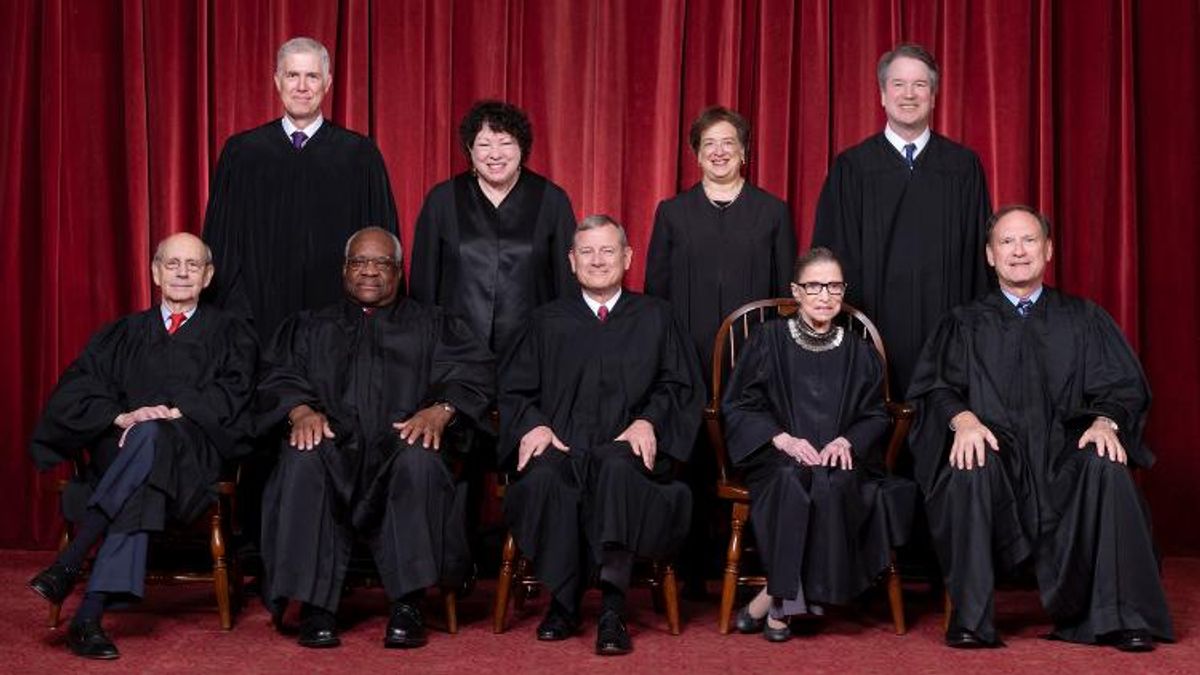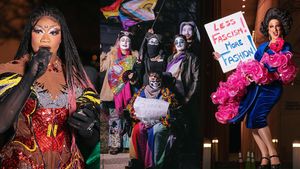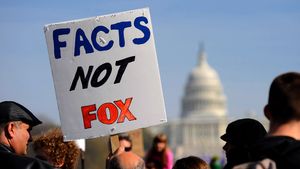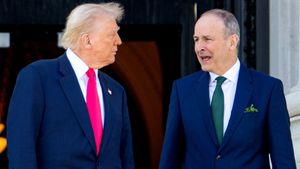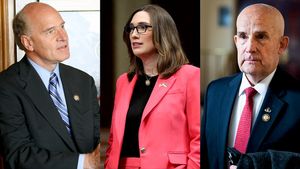Seven years ago, the Supreme Court struck down a 2003 law requiring government-funded HIV organizations explicitly denounce sex work and sex trafficking. The legal battle rages on, with the U.S. government now arguing for the unconstitutional provision to be required of foreign affiliates of American nonprofits, since they're not bound by the U.S. constitution.
Assistant to the Solicitor General Christopher Michel made his case to the nine Supreme Court justices today, saying foreign groups representing organizations like Save the Children and CARE should be required to abide by the anti-sex worker pledge. The conservative-leaning high court did not seem persuaded, reports National Public Radio. Chief Justice John Roberts, who decided the 2013 case, appeared especially dubious.
Even if American groups doing HIV work outside this country are going through foreign affiliates, they "have the same name, the same logo, the same brand. And I wonder if it makes more sense to think of the foreign entity as simply another channel for the domestic entity's speech."
The usually silent Justice Clarence Thomas made an interesting point by saying foreign affiliates working on slowing and treating HIV are given a stark choice: either refuse the 2003 provision and risk their U.S. funding or explicitly denounce a group of people they must work with: sex workers. If foreign arms of HIV groups do condemn sex workers that would put them in conflict with many of their American counterparts, which are no longer bound to the 2003 provision.
"It's a Catch-22 for these U.S. organizations," said David Bowker, the lawyer representing the nonprofits.
A ruling is expected this summer.
